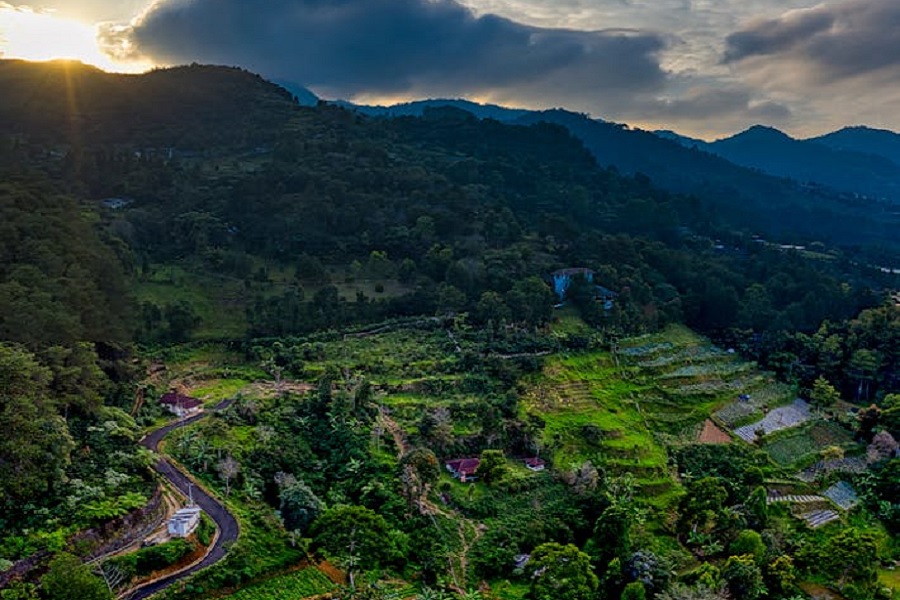Zero-Waste Travel: How Eco-Tourists Are Redefining Sustainable Adventure

As the climate crisis intensifies, travelers around the world are embracing more sustainable ways to explore nature’s beauty. Among the most impactful movements within ecotourism today is zero-waste travel—a lifestyle where travelers aim to leave no trash behind, reduce their carbon footprint, and tread lightly on the planet. This practice is revolutionizing the concept of eco-adventure, proving that it’s possible to wander without waste.
What is Zero-Waste Travel?
Zero-waste travel means minimizing all types of waste during your journey—plastic, food, paper, energy, and even digital waste—by reusing, reducing, recycling, and refusing. The idea isn’t perfection, but progress—making intentional choices that reduce environmental impact, from packing reusable essentials to choosing local, sustainable accommodations and transport.
The Core Pillars of Zero-Waste Travel
Refuse What You Don't Need
Skip freebies like airline headphones, hotel plastic toiletries, and unnecessary flyers.
Reduce What You Use
Opt for digital boarding passes, rent instead of buy gear, and travel light.
Reuse What You Can
Bring a reusable water bottle, bamboo cutlery, cloth napkins, tote bags, and solid toiletries.
Recycle Responsibly
Research local recycling systems and separate waste properly when possible.
Rot (Compost)
Compost food waste when traveling in nature or eco-lodges that support it.
How Eco-Tourists Are Leading the Change
Backpackers choosing off-grid eco-stays equipped with compost toilets and solar panels.
Trekkers carrying their own trash out of national parks.
Travel influencers promoting minimalist travel kits and educating followers about waste-free journeys.
Eco-resorts providing refill stations, cloth towels, and locally sourced meals.
These travelers aren't just reducing waste—they're reshaping the industry from the bottom up.
Tips to Practice Zero-Waste Travel
Before the Trip:
Avoid printing tickets or itineraries—go digital.
Pack light and smart: solid shampoo, stainless steel bottle, multi-use clothes.
During the Trip:
Say no to plastic bags, straws, and packaged snacks.
Support local eateries that use minimal packaging.
Use public transport, walk, or bike to reduce carbon emissions.
After the Trip:
Share your zero-waste journey to inspire others.
Offset your carbon emissions with certified programs.
Leave a positive review for green properties.
Why It Matters
Tourism contributes to 8-10% of global greenhouse gas emissions, with plastic waste, overconsumption, and over-tourism harming natural ecosystems. By choosing zero-waste travel, eco-tourists become part of the solution, not the problem. Every small change—every reusable fork, every plastic refused—is a vote for a cleaner, more conscious world.
Conclusion
Zero-waste travel isn't just a trend—it's a transformative mindset that aligns exploration with conservation. As eco-tourists adopt mindful habits and demand better from the travel industry, they’re not just reducing waste—they’re reshaping the very way we experience the planet.
.jpg)




















